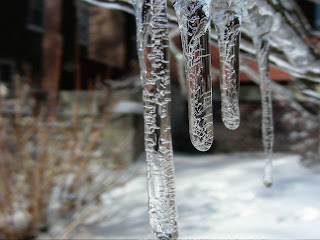gifts my father gave me
 Every few years or so I travel to Montana, the Mecca for my dad’s side of the family. Montana is crazy beautiful, I never tire of visiting.
Every few years or so I travel to Montana, the Mecca for my dad’s side of the family. Montana is crazy beautiful, I never tire of visiting.A few years ago, my parents picked me up in Oregon and we drove together on the usual route, through eastern Washington, down through Idaho and into Montana for our family reunion. After the trip, they asked me to join them on a drive through the Canadian Rockies in Alberta (also crazy beautiful) for several days.
It was an opportunity I couldn’t pass up- several days with just my parents and I, all on our own again. My dad told me all of the stories of his childhood in Montana; from hopping freight trains to building a dam to the many interesting people he’s met on his journey so far. Luckily, I had my journal.
“After WWII, the Japanese took beer cans that were thrown away by American GIs and made them into toy cars and sold them here. They were perfectly formed.”
“At one time, Japan had a town named USA, Japan, so they could stamp items “made in the USA.” I think that’s stopped now.”
“The railroad was allowed to come into each state across the country by Congress. In Bitterroot, people built permanent homes on land owned by the railroads. Then Northern came in and said their deeds were no good, and the railroad was coming through.”
“In the early 70’s when you filled up with gas in Montana you were given a free glass of beer. I remember I drank the beer and gave the glass back to the guy working. And then got in my car and drove away.”
“In 1952, I worked on the Hungry Horse dam between Libby and Troy. We worked 12 hours a day, 7 days a week. On Saturdays, some of the men would drive to Troy. Troy was full of cathouses. It took them two hours to drive there and two hours to drive back. They would come in Sunday morning just in time to go to work. I remember my foreman was married to my kindergarten teacher from Big Fork! I went to see her and they were living in a tent. Made good money though.”
My dad would hop freight trains after he was transplanted to Minnesota. It was the only way he could afford to go home to Montana to see auntie gin. Sometimes he would get hassled by the po-lice while he was riding the rails. One time the cops caught him, hauled him “downtown,” and asked him why he was hitching a ride. He explained his financial restraints and they told him never again. It’s illegal. It’s dangerous.
Then they took him to the edge of town and dropped him off by the railroad tracks. It was the only way he could leave town.
And I have a memory of picnicking along the river in Bonner’s Ferry, Idaho with my mom and dad and my father pointed to the high train tracks curling around the mountain as he told me he remembered swinging his legs from the side of the car, looking over the town.


Comments